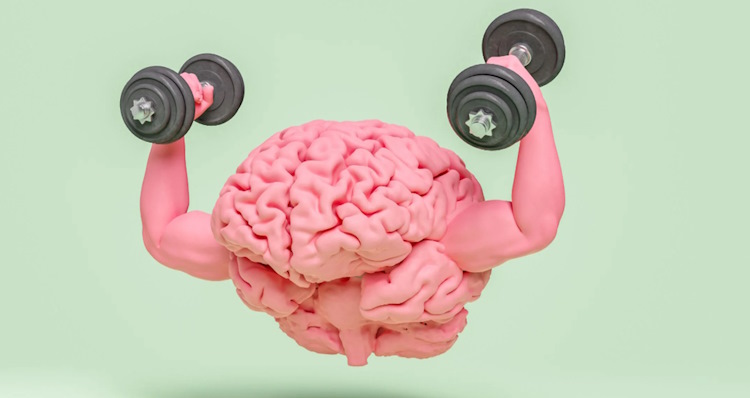Fasting – How does it affect health and longevity?
Fasting, or the practice of voluntarily abstaining from (usually calorie-containing) foods and drinks for a specific period of time, has been an integral part of human culture for centuries. While religious and cultural traditions have often been the driving force behind fasting historically, recent research has shed light on its potential health benefits, including the possibility of promoting longevity. In this article, we explore the fascinating connection between fasting, health, and longevity.
When we consume food, our body converts it into glucose, the primary source of energy the human body uses. Excess glucose is stored as glycogen in the liver and muscles, and unutilized energy is stored as fat tissue. During periods of fasting, when the body is deprived of glucose from food, it taps into these glycogen stores for energy. Once the glycogen reserves are depleted, the body starts breaking down stored fats for fuel through a process called ketosis. This metabolic shift is where the magic of fasting begins.
- Fasting and cellular repair
Fasting has been shown to stimulate autophagy, a cellular self-cleaning process. During autophagy, damaged or dysfunctional components within cells are identified and prioritized for breakdown and recycling, promoting cellular repair and rejuvenation. This process can be crucial in preventing or slowing down the progression of age-driven diseases and promoting longevity.
Additionally, studies have revealed that fasting can increase the production of brain-derived neurotrophic factor (BDNF), a protein that supports and enhances brain health and cognitive function. This may contribute to a reduced risk of neurodegenerative conditions such as Alzheimer’s and Parkinson’s disease.
- Hormonal benefits of fasting
Fasting has a significant impact on various hormones in the body, with insulin probably being the most affected. Insulin sensitivity improves during fasting periods, leading to better blood sugar control and reduced risk of type 2 diabetes. Lower insulin levels also signal the body to look for an alternative energy source, most likely burning fat, making fasting an effective tool for weight management and improving overall body composition.
Additionally, fasting triggers an increase in human growth hormone (HGH) levels. HGH plays a significant role in tissue repair, metabolism, and muscle growth. As we age, HGH levels decline, but fasting can help mitigate this decline and potentially slow down the aging process.
- Inflammation reduction
Chronic inflammation is a major driver of various diseases, including heart disease, cancer, and arthritis. Fasting has been linked to a reduction in markers of inflammation, such as C-reactive protein (CRP) and interleukin-6 (IL-6). By lowering inflammation, fasting may help protect against chronic diseases and extend lifespan.
- Longevity studies in animals
The potential for fasting to extend lifespan has been already demonstrated in animal studies. Research on animals, including mice and monkeys, has shown that calorie restriction and intermittent fasting can extend lifespan and improve healthspan (the period of life spent functional and in good health). While human studies are limited and require further research, these animal findings are promising and suggest that fasting may have similar effects on human longevity.
- Different types of fasting
There are several methods of fasting, including intermittent fasting, alternate-day fasting, and extended fasting. Intermittent fasting involves cycling between periods of eating and fasting. Common methods include the 16/8 method (16 hours of fasting, 8-hour eating window) and the 5:2 method (five days of normal eating, two non-consecutive days of reduced or null calorie intake). Alternate-day fasting involves alternating between regular eating days and days with significantly reduced calorie intake. Extended fasting refers to fasts lasting for multiple days.
It’s important to keep in mind that while fasting has numerous potential health benefits, it may not be suitable for everyone. Pregnant or breastfeeding women, individuals with certain medical conditions, and those with a history of disordered eating should approach fasting with caution or seek medical advice.
All in all, fasting is not a quick fix or a one-size-fits-all solution for health and longevity. However, the majority of the research on fasting’s positive effects on cellular repair, hormone regulation, and inflammation reduction suggests that it may play a significant role in promoting health and potentially extending lifespan. As with any lifestyle change, it’s essential to approach fasting responsibly, try the different options and seek guidance from healthcare professionals when needed. Incorporating fasting into a balanced and healthy lifestyle may be a step toward unlocking a longer and healthier life.









